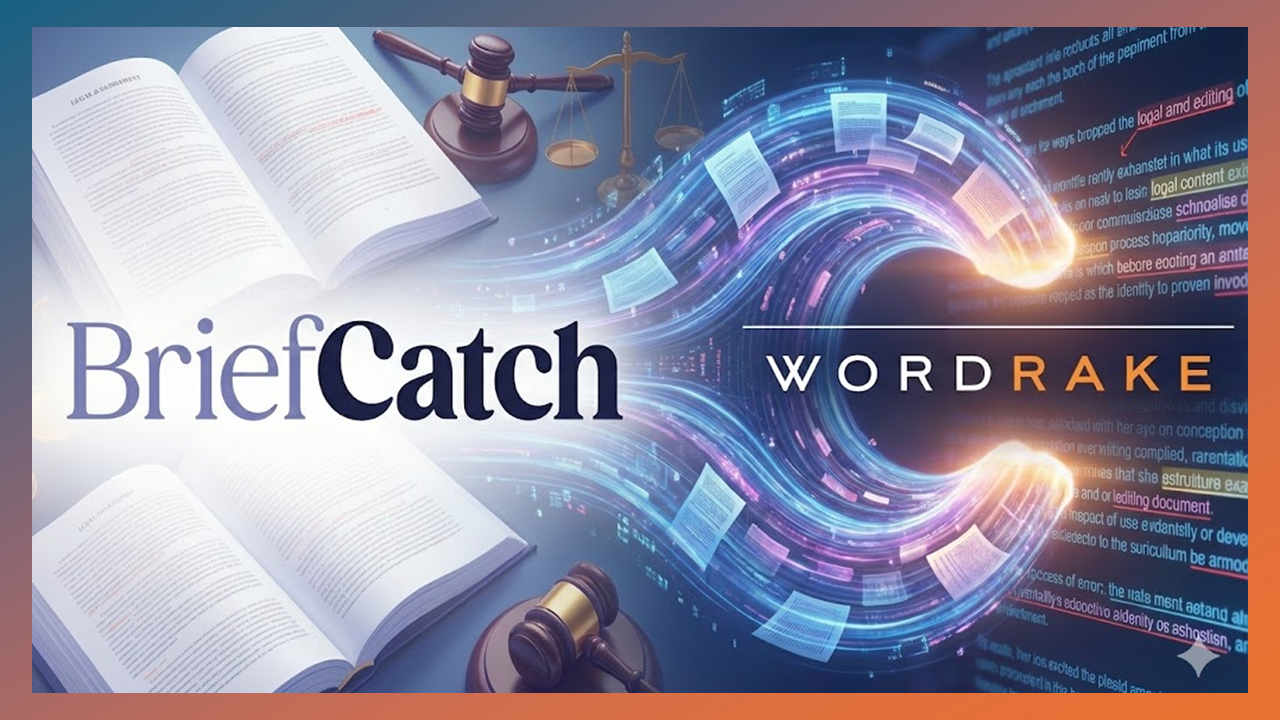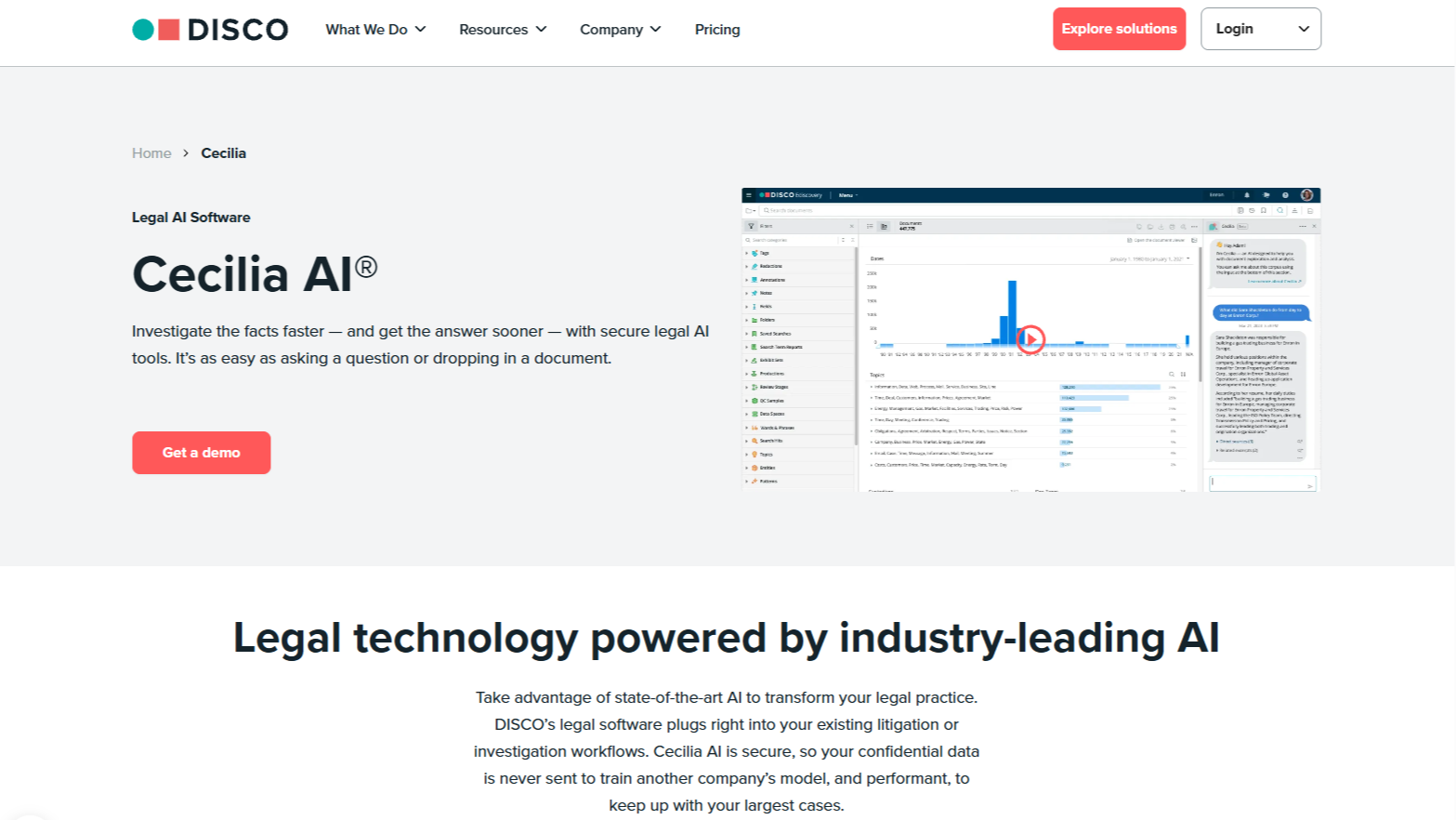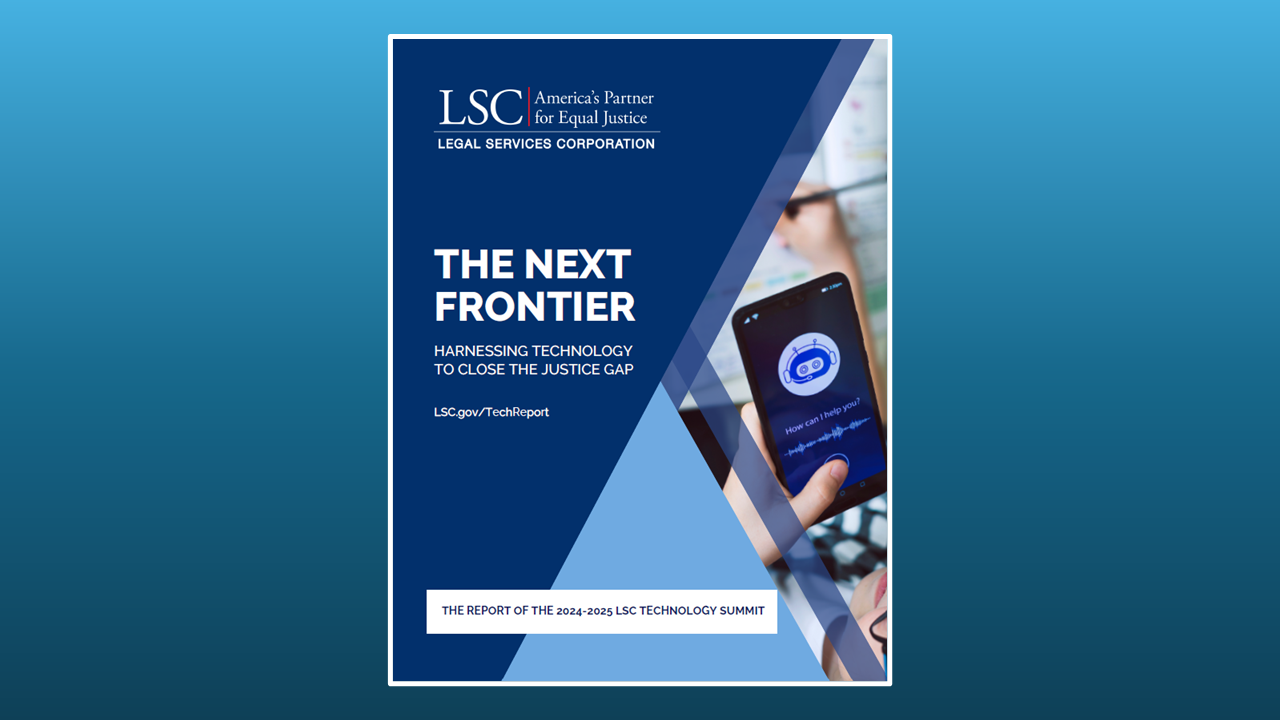Tomorrow, Friday, Feb. 13, is the deadline to vote. Your votes determine the 15 legal tech startups that will get to compete at the 10th-annual Startup Alley at ABA TECHSHOW.
Below are the standings so far, ranked by total votes received. Which of these companies will end up lucky on Friday the 13th?
Remember, your votes…
 Robert Ambrogi Blog
Robert Ambrogi Blog








